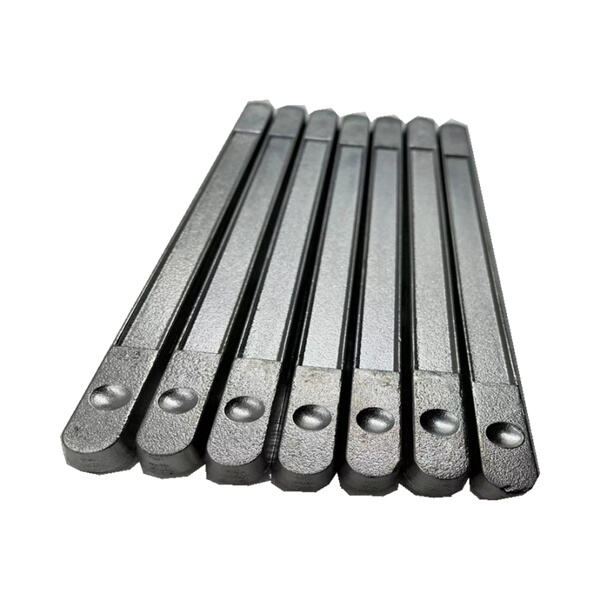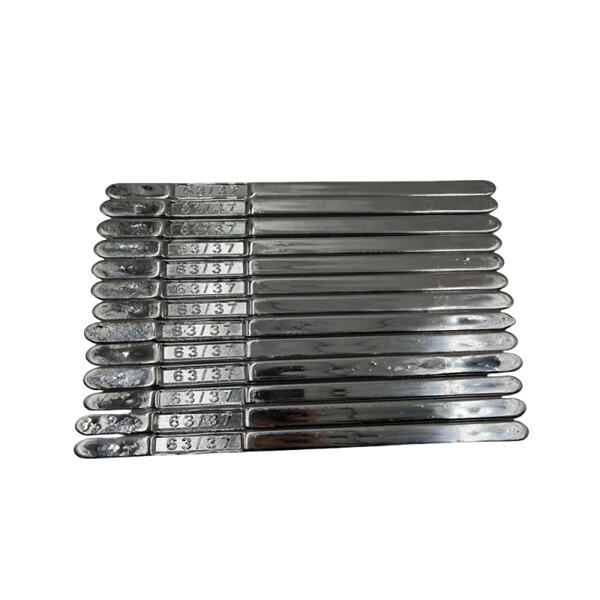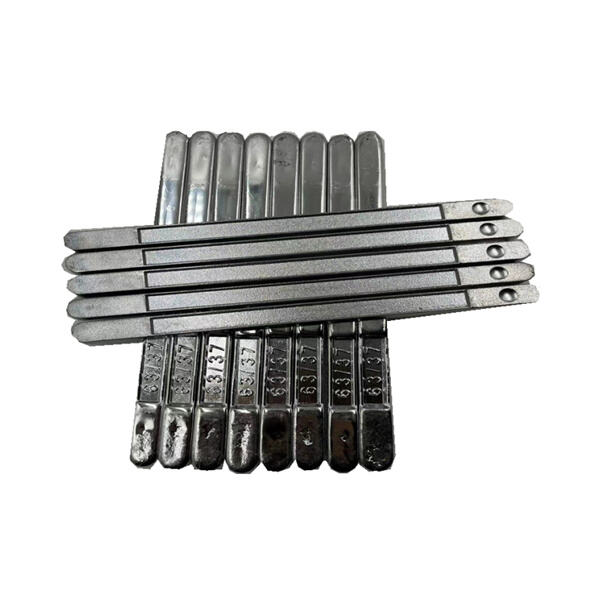Tin ingots are shiny metal blocks that serve many vital purposes in our day to day lives. Tin ingots have long been precious as a material for producing everything from pots and pans to electronics and automobiles. Let’s take a look at how tin ingots are produced, what they for, and how they impact our environment.
Today, TMC METAL tin continues to be of great importance. It is frequently located in spots such as mines underground, where it is dug out by workers to be sent to factories. These are facilities, not restaurants, and they use special machines to transform raw ore into a shiny tin ingot, which can have a variety of uses.
To produce TMC METAL tin ingots, raw ore — a type of rock that contains tin — is first mined, then heated in a furnace until the metal oxygen content is reduced. Miners dig up the ore using big machines and then bring it to the surface. The ore is then crushed and is heated in a furnace to remove tin indium from other materials.
After the tin has been prepared, it is melted and poured into molds, which give the tin its shape, and form blocks of tin ingots. The ingots can then be formed and used to produce a long list of products, ranging from electronics and batteries to food packaging and construction materials.

Tin bars are a great resource, and can be found in many things we use on a daily basis. They are often used to cover other metals, such as steel, to prevent rust. This makes them useful in constructing cars, ships and bridges.

The need for TMC METAL tin ingots can fluctuate based on factors like new technology being manufactured or ends being constructed. When the demand for more tin bismuth alloy increases, a higher price is paid for it, because there is some limit to the supply.

Tin ore can have an environmental impact when making tin ingots. Extracting tin and bismuth alloy also can damage the land and water used to produce it, and the processing can lead to toxic pollutants being released into the air. That is why it is critical for companies to figure out how to mitigate these effects.
company has high-end production equipment processing equipment, can perform high-end, custom metal processing, high-end processing, and difficult processing. We are able to process produce parts metal according customers' specifications and drawings design and can also participate in the design and development of products as well as provide OEM and ODM, have an R D facility covers more than 500 square meters, with professional R D personnel and equipment, that can collaborate in Tin ingot and testing of products and offer a range of processing equipment to satisfy diverse customer requirements.
Suzhou Tamuchuan, processing company supplies products located Suzhou with a production facility office space of 2,000 square meters which located in city. main products offer rare metals, ferrous metals as well various other metals. More than 2,000 {{keywords}}' partners cooperate with. experienced R D group available. stable suppliers can assist with large-scale production, high-end production equipment tools. professional quality control team ensures that the product of the highest quality. have good partnership with our suppliers.
company has over 26 years' experience rare and non-ferrous metal processing as well as production. have cultivated an extensive number of technicians and R D professionals who have professional expertise contribute to the Tin ingot of the industry. also provide environment to foster development our employees. have team professionals offer you after-sales service as well as support for customer issues, provide technical assistance and help solve quality problems. Analyze and collect feedback from customers take appropriate measures improve the quality of products and service quality.
company the system of Tin ingot control that strict to ensure products up to standard. choose suppliers high-quality ensure the traceability quality control of our supply chain from raw materials until the final product. ISO9001 and SGS certificates comply international and industry standards. develop quality management plans to conduct quality inspections and tests track the production process in line with rare metal and non-ferrous industry specifications.